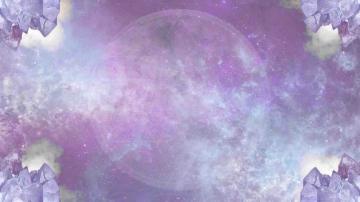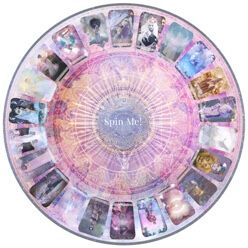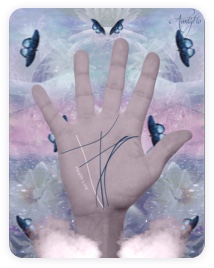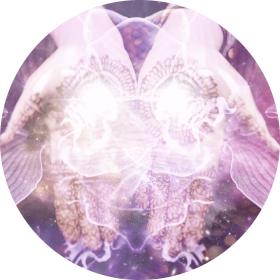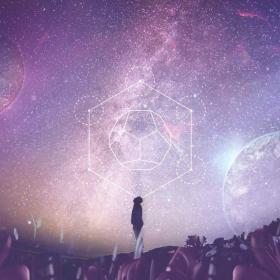Dream Meanings

Dream Meanings
My dream dictionary has so many meanings you are bound to find what you are looking for. Above is the A-Z of all your dreams, so if you are looking for your dream then make sure you can search what symbols were present in your dream. I have covered thousands of dreams. I created all these dream meanings in 2007. If you have wondered what your dream really means then I have everything you will need.
Reports of dream research in Mesopotamia go back over 5,000 years, to 3100 BCE. Based on a study by Curtiss Hoffman in the journal Dreaming, original Mesopotamian manuscripts frequently contained dreams, particularly ones of royalty.
In my book, called The Moondust Dream Dictionary - I go into detail about how the Mesopotamians utilized dream meanings as a kind of divination against the moon, and they made use of the messages they thought had been found within their dreams.
As an example, Gudea (2144 to 2124 BCE), king of the Sumerian city state of Lagash, reconstructed a shrine to the war god In the same way, the early poem Epic of Gilgamesh, which goes back to around 2100 BCE, transmits a variety of desires. The majority of the dream meanings referred to in the poem symbolically suggested that things would take place in Gilgamesh's life. The good friend of Gilgamesh, Enkidu, interprets a lot of the dreams all through the epic. I will give you an example, in a single dream that I have read, a rock falls upon them, which Enkidu interprets as the victory of Humbaba, the protector of a forbidden
Dream Meanings and the Ancient Egyptians
The ancient Egyptians also thought that dreams were a reflection of the future. An
Egyptian papyrus dating back to the 1200s BCE was obtained from a family close to Deir el Medina, that had handed it down through generations. It is basically an Egyptian dream book was used to understand what the dream meanings were trying to say in regards to the future. The papyrus begins: "If a person sees, he shall die." and then lists several dreams and also indicates if he is in a dream himself in a dream. "
They're either "good" or "bad" omens. It describes over 100 different and lists the symbols as well as actions which could appear in the dreams, the suggestion that Egyptians understood the symbolic character of the content of dreams. The writer Anita Stratos points out that these dreams centered on the commoners, not the royal family, suggesting dream interpretation was a part of normal living in ancient Egypt.
Ancient Greece And Dreams
The ancient Greek mythology included a whole family of gods focused on sleep and dreams, like Hypnos, the god of sleep. Morpheus, the goddess of dreaming, had been his son. And Morpheus 'brother Phobetor, the embodiment of nightmares. In Ovid's Metamorphoses, written in the 8th century CE, Morpheus and also the Oneiroi (Deities which regulate dreams) appeared.
The early Greeks thought that dreams had an important content. In fact, the very first known book of dream meanigs originated out of a 4th century BCE Greek called Antiphon, providing a practical guide for understanding and interpreting dreams. Another Greek writer called Artemidorus authored a comparable treatise in the 2nd century CE. Oneirocritica: Artemidorus has proposed 2 kinds of dreams: one being a continuation and the other being predictive. Everyday activities during the sleep state investigated the recent past as well as prophetic dreams that looked into the future.
It's also fascinating to find out how ancient people saw dreams. Greece by taking a look at the concepts of the philosophers of those days. It had been thought that dreams according to the Greeks could foretell medical problems. Aristotle thought of dreams as prophetic. Plato believed that dreamers would commit crimes in their sleep which they wouldn't ordinarily do while awake.
The Early Chinese and Dream Meanings
The old Chinese views about dream interpretation originate from the idea of Taoism. The taoists thought that dreams provided lessons and that dreams had been simply another state of awareness. The entire person was a mixture of their conscious waking state as well as their unconscious dream state. Additionally, the Chinese thought that dream states weren't hallucinations, but only, manifestations of the mind. Once a person was sleeping, alternative realities took place.
By Florance Saul
Oct 24, 2024

